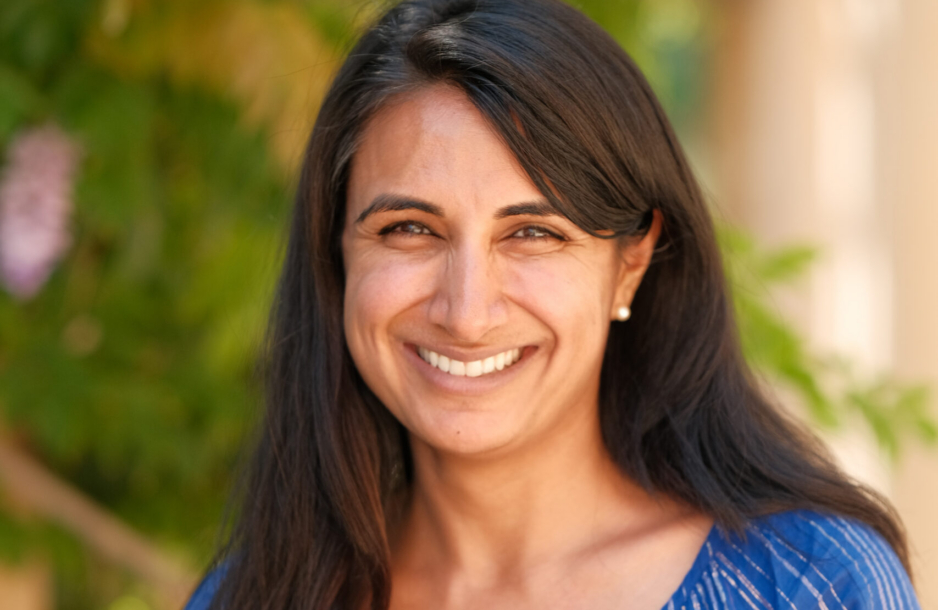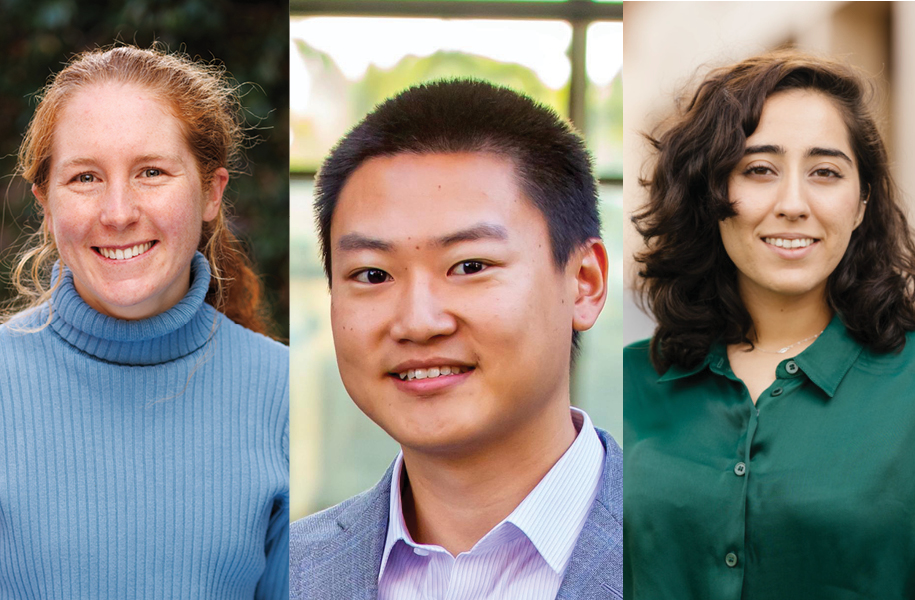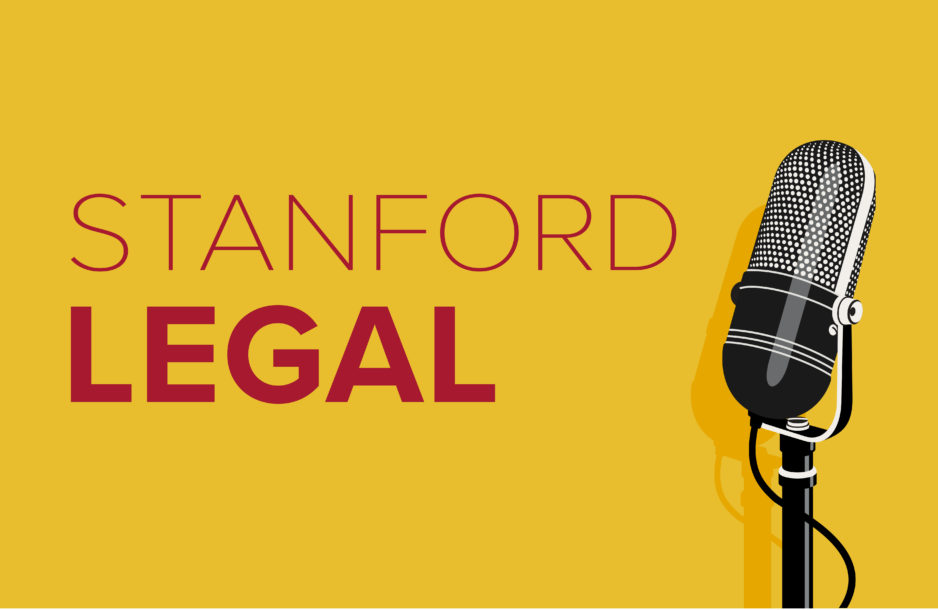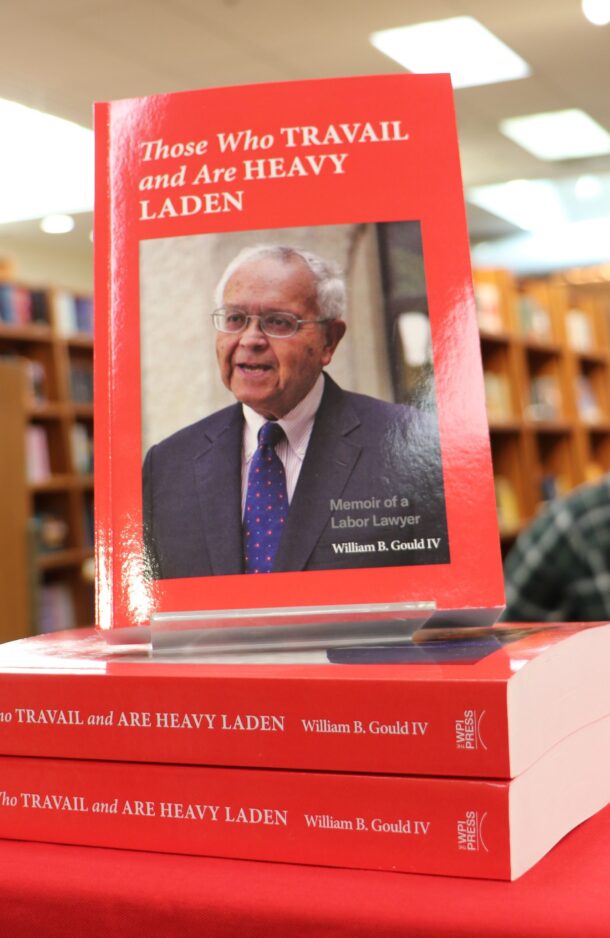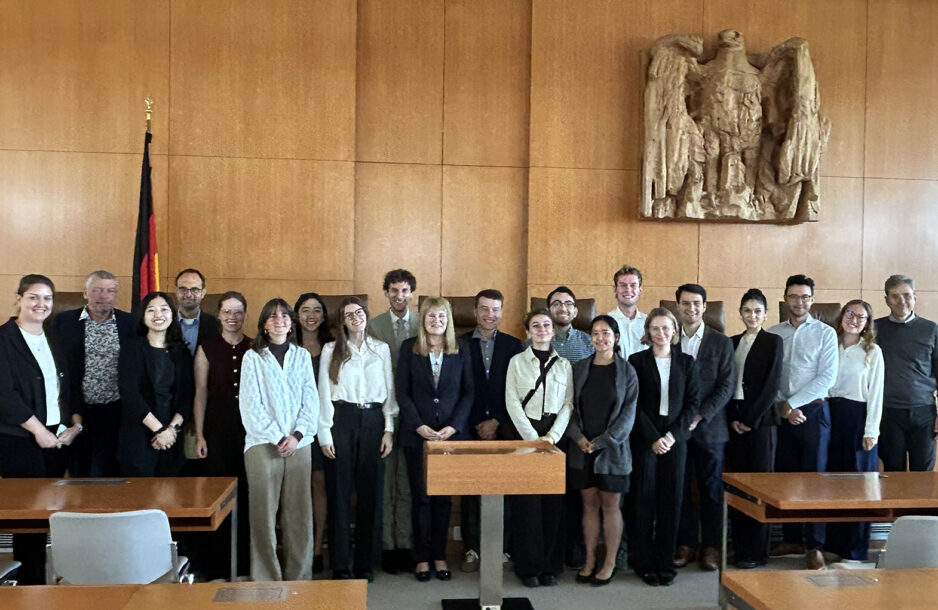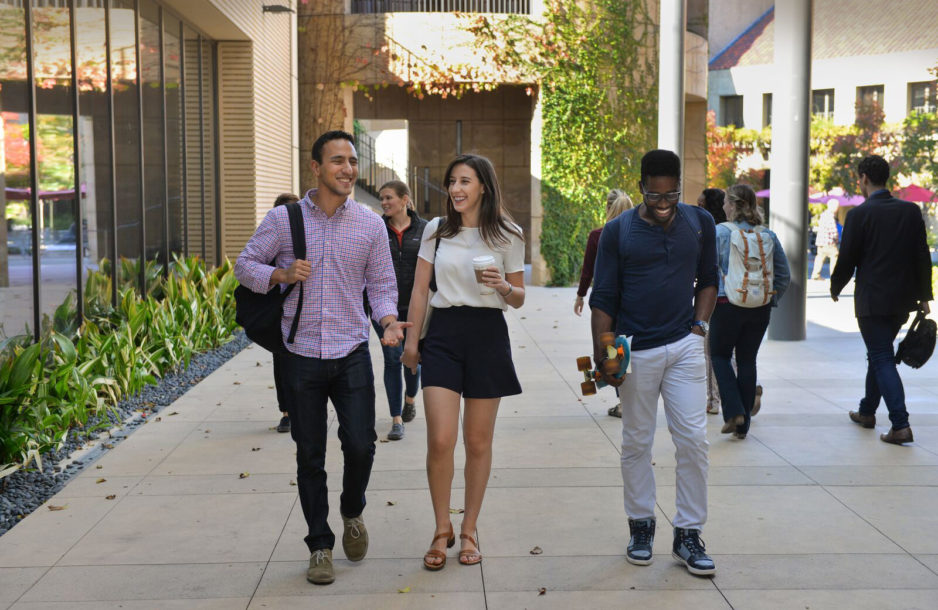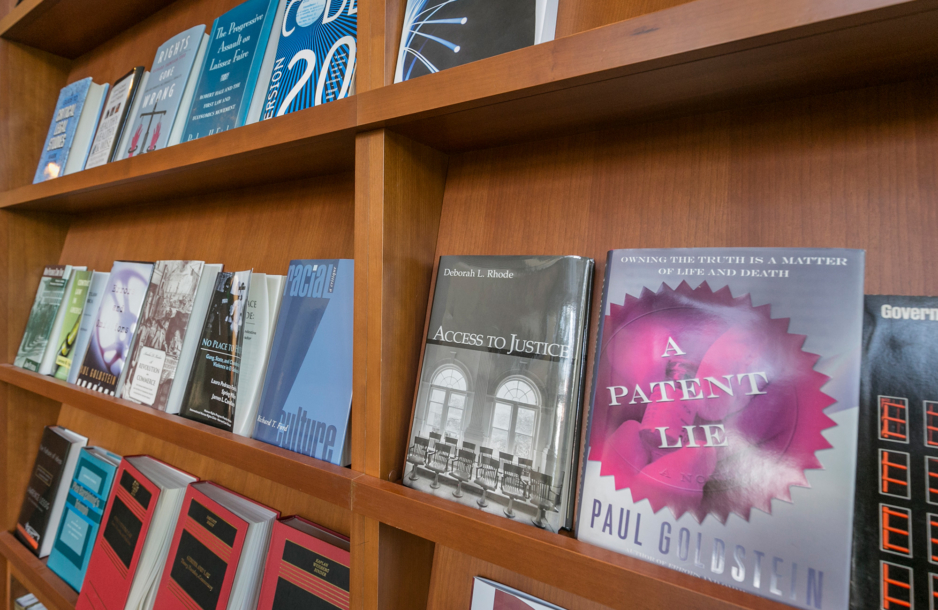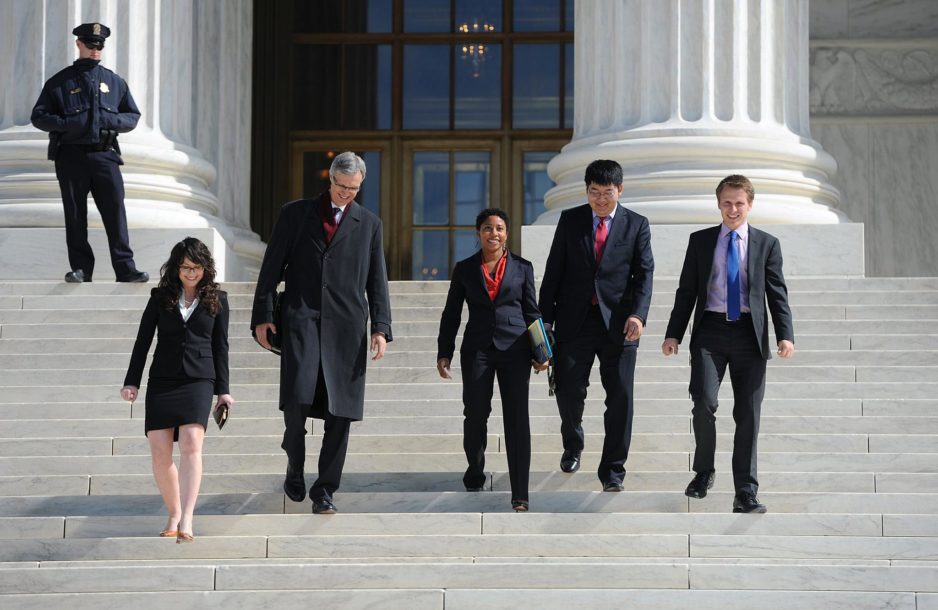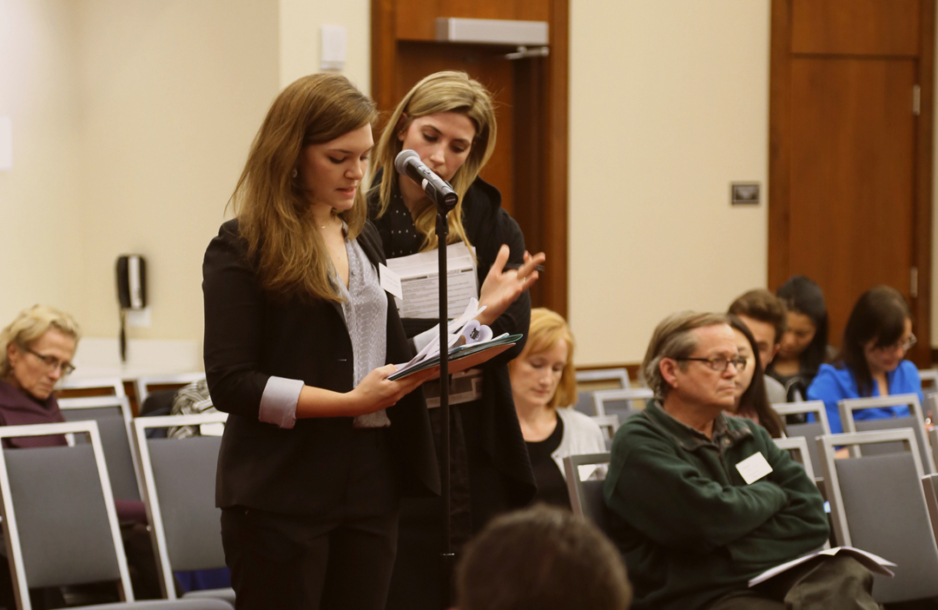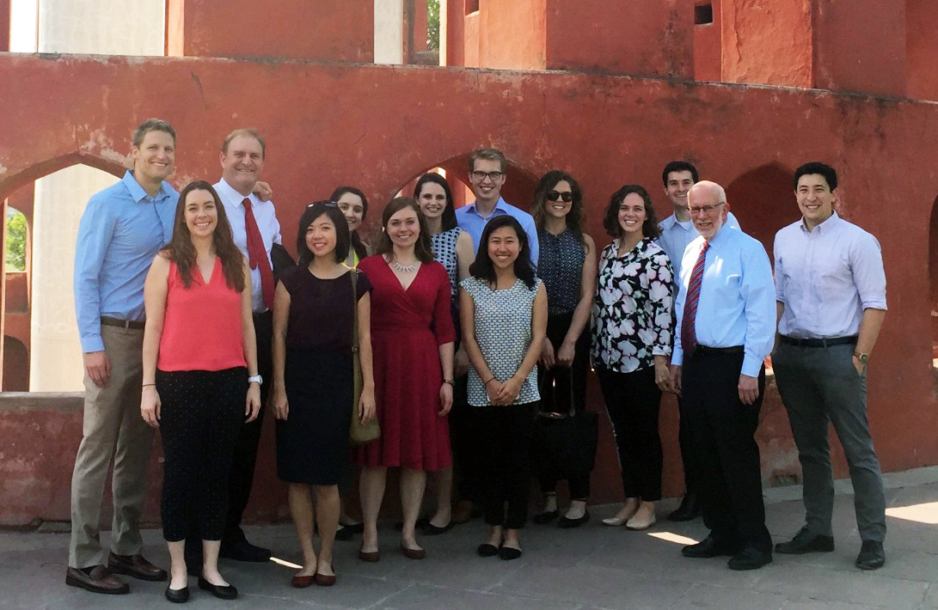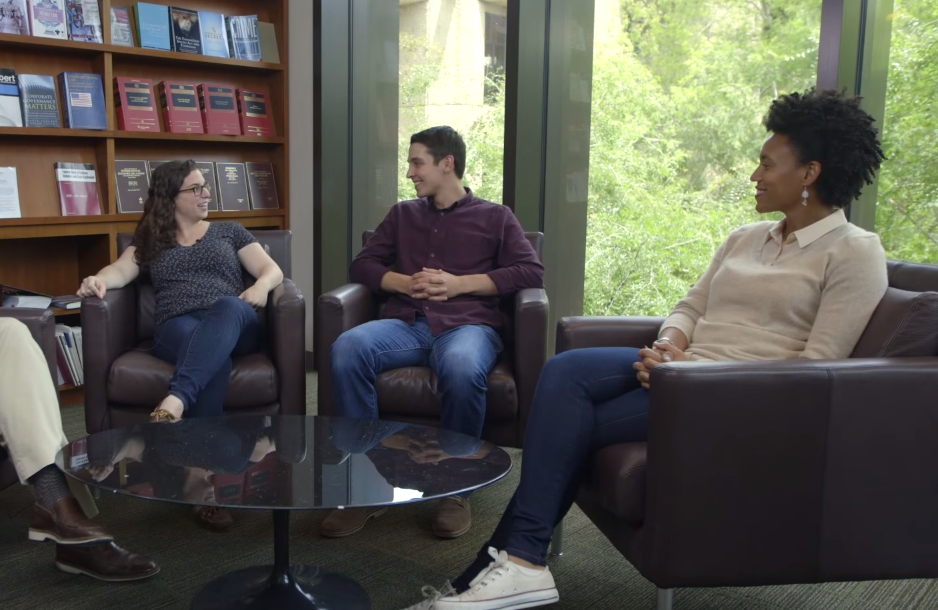We Are Stanford Law
Research, Scholarship and News
With impact in everything from constitutional law and privacy rights to campaign finance reform and the environment, members of the Stanford Law School community shape law and policy through leading-edge research.
SLS Degree Programs

Join a diverse and inclusive community shaped by a commitment to the future.
Learn more : The JD Program
A hallmark of Stanford University and a distinct strength of Stanford Law, where students can explore the many ways law intersects with other fields.
Learn more : Joint Degree Programs
One-year master's degree programs and a doctoral degree (JSD) for international graduate students who have earned a law degree outside the United States.
Learn more : Advanced DegreesStanford Comparative American/German Criminal Law Seminar
Field study offers insights, collaboration, lifelong lessons—and friendships.
Connect with Us
Stanford Law School is excited to announce the upcoming installment of the Rule of Law Speaker Series, featuring San Francisco City Attorney David Chiu. On February 9, from 5:00 PM to 6:00 PM PST, Chiu will explore the vital role of federalism in maintaining the rule of law in the United States. ...His office has emerged as a significant advocate for holding the federal government accountable through various lawsuits addressing urgent matters such as immigration policy and threats to federal funding. We invite you to join the Neukom Center for this thought-provoking discussion. The event is open to the public and will be offered both in person and online.
RSVP:

In the current challenging environment for the rule of law in the United States, state and local governments have emerged as powerful forces pushing f
brnw.chIn an unprecedented move, the governors of Texas and Florida have designated civil rights organizations, including CAIR, as terrorist organizations. In a new opinion by Shirin Sinnar, a professor of law at Stanford Law School, and the University of Chicago's Darryl Li, the authors raise

(Originally published by the Knight First Amendment Institute on February 2, 2026.) Recent efforts by Texas and Florida go beyond imitating federal an
brnw.chThe Stanford Regulation, Evaluation, and Governance Lab (RegLab) has appointed Preeti Hehmeyer its new executive director. RegLab, based at Stanford Law School, partners with local, state, and federal governments to use data-driven insights and responsible AI to modernize government.
...“RegLab sets the standard for how academic research can directly inform and improve governance using AI,” Hehmeyer said. “Through collaborative research with government partners, RegLab’s demonstration projects harness the power of AI to responsibly tackle some of the most pressing challenges facing government today. I am delighted to join the team at this important moment.”
https://brnw.ch/21wZEL3
The Stanford Center for Law and Biosciences highlights the vast potential of neural organoids in their latest blog post. However, a crucial question is raised: Are these organoids part of neurotechnology? The Asilomar Conference recently examined this relationship, revealing the complexities ...involved in defining governance. Policymakers must work collaboratively to address these uncertainties for responsible innovation. https://brnw.ch/21wZAQw


